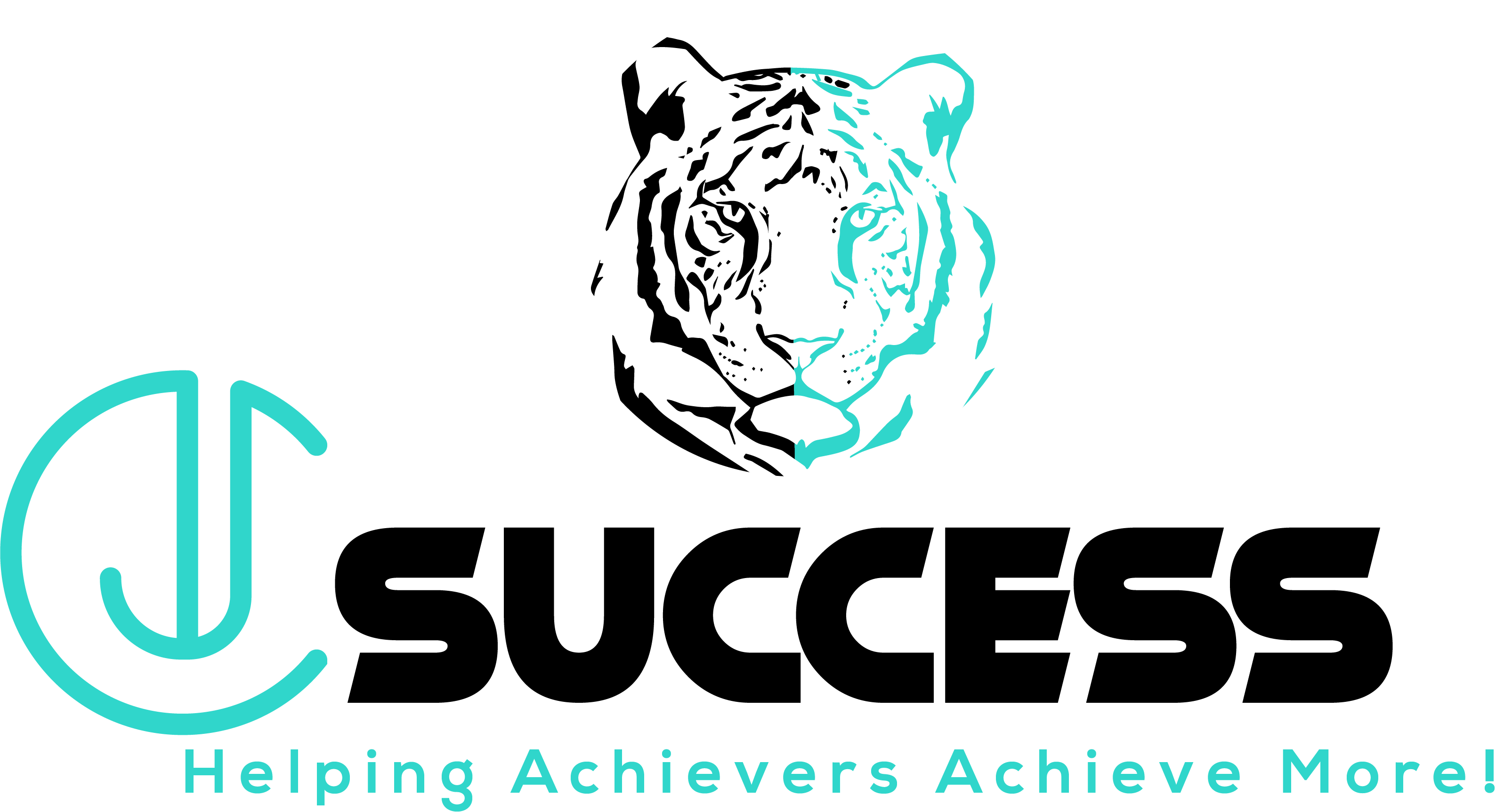0
+
Add your comment
UPCOMING EVENTS

On Recession
Isaac Bardos | Business Coach
July 26, 2023
by Isaac Bardos
Making money in a recession isn't difficult when you have the right niche, the right offering, and you know how to maximize your offer in your niche for max profit margin. Here are 5 points:
1. Understand recessions are part of the pattern
Recessions aren't scary when you understand they are part of a pattern. If you don't know that falling off a bike and scraping your knee is part of learning to ride, it may seem scary. As a parent looking at it from a 30,000-foot view, you clearly understand that it is part of the learning process. As a kid, you realize it's part of the pattern, and you start enjoying the ride. Just as seasons exist in annual weather, they exist in the economy, and one of the seasons is a recession. Just like you know how to set up your home and wardrobe for the weather, you have to be ready when things are good and it’s a well-oiled economy, and also for when bad “weather” comes. You need to be prepared. Be prepared for when clients start freezing contracts and cutting spending, and your prices and costs are increasing. If you’re not prepared, it’s probably because you didn’t set up your business to be able to handle a recession.
“There is so much good in the world,
a lot more than one person can take.”
2. Recessions are u-turns
Historically, every 12-15 years, on average, there are changes in money patterns. In a period of 50 years, there are about 4-5 times when it will happen. Since 1980, there have been 5. When a recession comes, it means that some things are about to take a u-turn. A u-turn won't stop you from getting to your destination; it just means you went too far in one direction, and you need to correct by going in the opposite direction. Most people think that a recession or an economic u-turn is bad, but it can be a great thing. If you think, "I came all this way, let me keep going until I get there," you will never make it. You can't keep driving straight, assuming perseverance will beat the economic pattern. You need to make a u-turn to get back to where you need to be.

Let me illustrate with an example of a current-day u-turn occurring because of the recession. During covid, employees were laid off. As businesses slowly opened up, employers were looking to hire. However, potential employees were getting unemployment benefits and did not want to return. Towards the end of covid, the benefits started coming off, and people started returning to work. Since employees were in high demand, they were able to ask for high wages. Currently, many companies are beginning to lay off those employees due to the recession. Here's where the u-turn happens. Employees start realizing they can't demand as much pay as they did a few months before the recession. This "corrects" the overpay employers were paying employees. Recession is another word for correction. We like corrections. A common pattern seen during a recession is that costs rise and entry-level employees' salaries go down. This is a correction.
“Most people think that a recession, or an economic u-turn, is a bad thing, but it can be the greatest thing you could ever ask for in business.”
3. It's up to the business owner and decision-makers rather than the business itself.
In 2020, there was a form of recession for several months. People were freezing spending, pulling back, and canceling contracts. The businesses that struggled the most during those times were those that were not around in 2008 and had never experienced a recession before. In my business in 2008, I learned that to get through, I had to better understand what people wanted more than anything during that time. I needed to figure out how my product or service could directly align and support them. This could be done by either achieving the desired experience or directly helping them avoid what they did not want. It's up to the business owner to see that opportunity and think: How can I set up my product or service to meet the outcome desired by my target audience, or how will it help my customers avoid the things they want to avoid?
4. Get lean to stay green.
Many business owners don't realize the power of technology as an opportunity to scale even during a recession. CRMs, AI, and automation can relieve a tremendous amount of work of the people on your payroll, which is often the most significant ongoing business expense. A business that works on automation will come out of this recession having been able to decrease expenses and increase profits. Because they cut their expenses and increased profit margin, they can afford to survive with fewer sales, which naturally slow during a recession. What about the livelihood of the people losing their jobs to technology? As technology replaces jobs, new jobs and sometimes new industries are created by that technology.

“Take a look at what the most successful players in your industry are doing.”
5. Success leaves clues.
Look at what the most successful players in your industry are doing. How are they making their product or service attractive to the current clients? What language, branding, and demographics are they using to get their customers' attention and generate sales? You don't need to reinvent the wheel. If you see others doing something that works, figure out what they're doing and do the same.
Take a look at your product and service and think: Is it optimized for the niche that we're in? How can we make this more efficient? How can we make this easier for our customers to do, with fewer steps and less cost? How can we complete the service we are providing without losing quality? Business owners often don't have an answer to these questions, which is why they get stuck and struggle in a recession. Those who ask these questions and go in the right direction will get so much more market share and business growth during the recession.
We’d love to hear from you!
If you have any thoughts, takeaways, questions, or comments, please share them with us and we’ll do what we can to have the expert address your message in next month’s edition! As an added bonus, if you’re a paid member, you can share your company name and your position, and the expert will include that when addressing your point!



